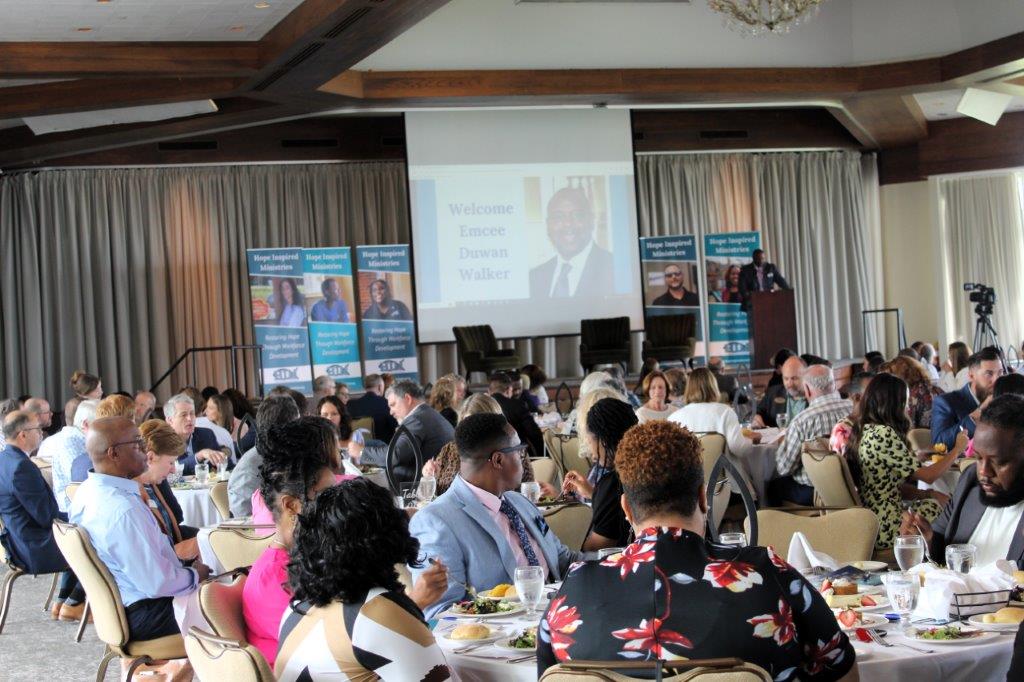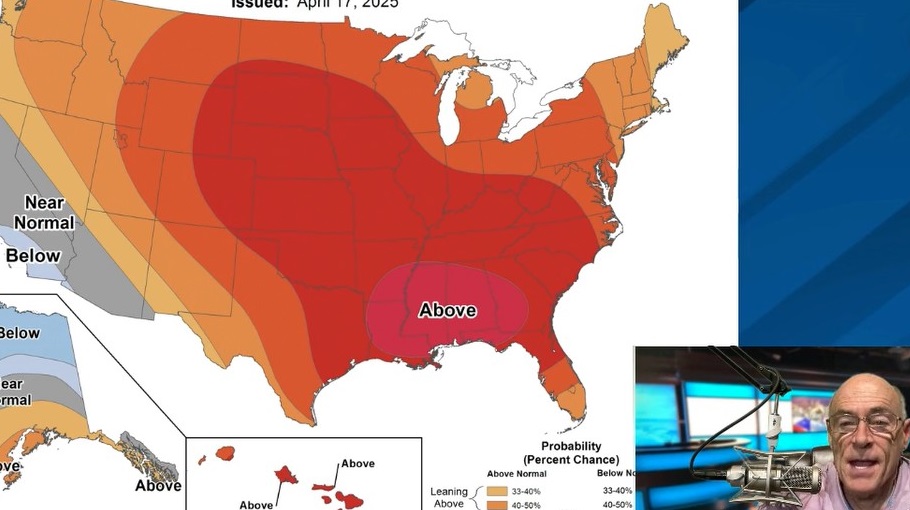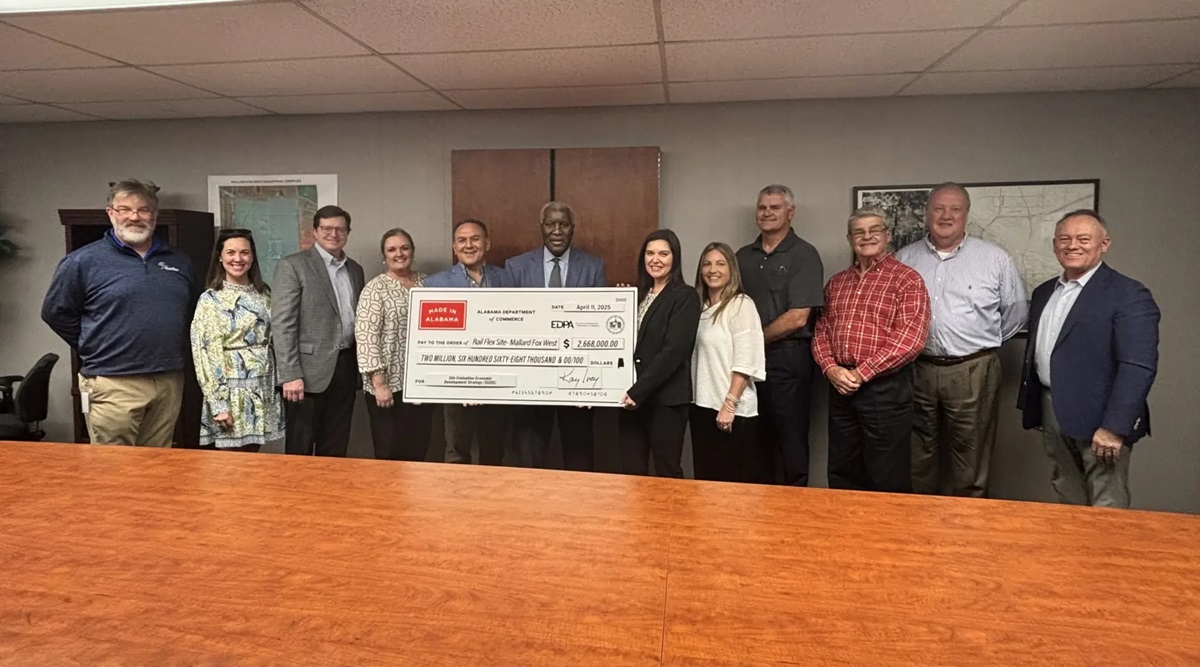Black business history scholar issues strong words for entrepreneurs at A. G. Gaston Conference

Black business owners should expand the reach of their products and services to other races and ethnic groups to reclaim the lofty economic status they held prior to the Civil War, according to a University of Texas expert in the history of black commerce.
Dr. Juliet E.K. Walker, billed as the country’s leading scholar in black business history, was the keynote speaker Tuesday at the 12th annual A.G. Gaston Conference on Black Business in America at the Birmingham Jefferson Convention Complex. She is founder of the Center for Black Business History, Entrepreneurship and Technology at UT.
Walker took more than 200 attendees at the noon luncheon through the history of black entrepreneurship and prestige the past four centuries to debunk the myth blacks have no cultural foundation as business people. She passed out a sheet showing dozens of wealthy blacks in the 1850s in the mainstream and hierarchy of American business as cotton planters, steamboat owners, grocers, coal merchants, building contractors and sailmakers.
Black business history scholar issues strong words for entrepreneurs at A. G. Gaston Conference from Alabama NewsCenter on Vimeo.
Walker said American history has erroneously focused on the plantation as the primary role of blacks in the pre-Civil War economy.
“They don’t like to think of us as capitalists,” she said. “What whites were doing in business, blacks were also doing. Before the Civil War, blacks were in the elite in the pre-industrial economy.”
Jim Crow laws and racism of the post-Civil War era led blacks to do business primarily with blacks; a trend that remains today, Walker said. Blacks should avoid the pitfall of selling only to other blacks and pattern their business model after other groups, such as those from India, who dominate the hotel industry.
Walker said a trap is to embrace federal data showing black business ownership has measurably increased. The real story, she said, is the percentage of revenue earned is less than 1 percent of the nation’s total. Of some 1.9 million black-owned businesses in 2007, only 14,500 earned more than $1 million. She said roughly the same percentages were reported in 2012, the last time statistics were measured.
“What is the solution?” she asked. “What black products can we sell and market to the American economy as a whole beyond our ability to entertain and our ability in sports? I don’t know. I’d have a business instead of teaching about it if I knew.”
Other Tuesday speakers at the conference included Mark Peterson, managing executive with Ceyero Consulting, who discussed how businesses can eliminate “busy work” and achieve high growth; and Dr. Mel Gravely, founder of the Institute for Entrepreneurial Thinking, who lectured on “must do” items to grow black businesses.
The A.G. Gaston Conference is named after one of Birmingham’s most successful black business leaders, who died in 1996 at the age of 103. Gaston amassed more than $40 million from a business empire including communications, insurance and real estate.
The conference ended today.





